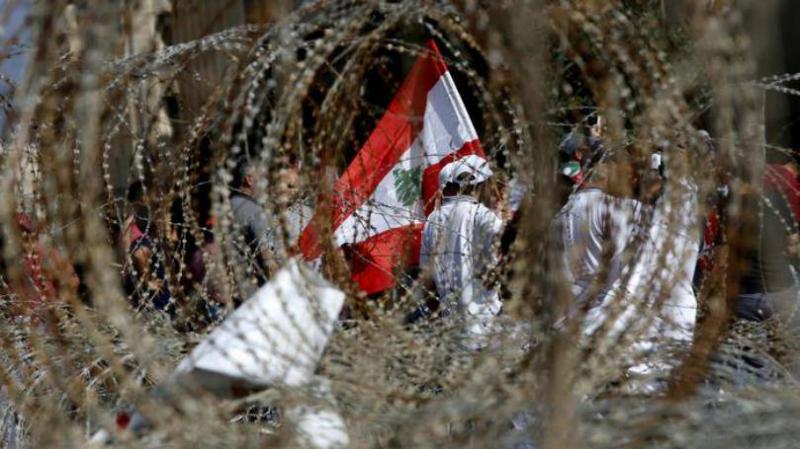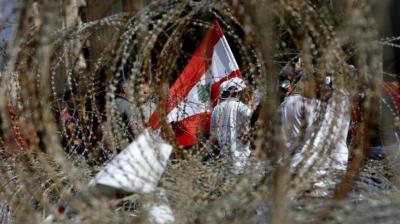Lebanese citizens are no longer waiting for an international announcement declaring Lebanon a failed state. Failure has become widespread, and the state is effectively hijacked, with its decision-making power usurped by the ruling collapse system. According to the internationally and universally accepted concept, a state becomes failed based on several criteria, primarily losing the ruling authority's ability to maintain actual control over its territory, losing its monopoly on the legitimate use of violence within the lands it governs, losing legitimacy in decision-making and execution, and being unable to provide a reasonable minimum of public services while failing to interact with other nations as an effective member of the international community. Municipal, health, and educational services fall within the essential and distributive services category. Additionally, the prerequisites for establishing and maintaining the principles of state legitimacy as a guardian of the interests of all citizens—not just those of a select few—are also required.
Referring to the UN characterization, it is fair to say that the Lebanese state has exceeded all definitions with a sense of irony. Even its rulers, who have led its descent into collapse, have become "professors" excelling in teaching the principles of state failure, transforming it from a thriving and prosperous entity to one that is bankrupt, collapsed, and failed.
A brief overview of the current reality of the faded Lebanese state reveals the following: a republic lacking all elements necessary for its continued existence as an entity, amid the maturing causes of its official fall. An unknown duration of presidential vacancy, with past experiences offering no reassurance. A caretaker government disputed in terms of the constitutionality of its meetings and decisions. A parliament banned from legislating. A miniature state with excess power hijacking sovereign decision-making and controlling security and politics while legalizing borders for smuggling. A system devoid of responsibility, resigned from its national roles, skilled in thwarting all rescue opportunities, undermining the executive and legislative authorities' prestige and powers, and spreading chaos across the judicial system by inserting its affiliates to politicize cases based on their whims, eroding justice to its core.
Authority unleashed reckless financial policies to satisfy its personal ambitions, disregarding the advice of concerned parties and defaulting on Lebanon's sovereign debts in Eurobonds, resulting in catastrophic repercussions for the country's reputation, conditions, and citizens' lives. They lost their deposits, were robbed of their money, and were subjected to a daily cycle of exploitation affecting their livelihoods, health, education, and food security, all while the dollar reached staggering heights, leading to a dramatic collapse of their national currency. Lebanon now occupies the top spot in the list of collapsed nations according to evaluations by international financial institutions, even to the extent of silencing its voice in the United Nations due to its failure to repay dues to an institution it had been a prominent founder of not long ago.
Dark shadows hang over the overall Lebanese scene, intensified by recent judicial developments stemming from the return of the investigative judge in the port explosion case, Judge Tarek Bitar, and his accusations against security personnel and judges, creating a deep rift in the arches of justice. The return of roadblocks amid a chaotic security situation, with military and security agencies struggling to prevent its escalation into an explosive eruption, faces no assurance of success. All of this occurs while officials ignore grave warnings and signals directed at them by international institutions urging them to urgently take action, with no one willing to listen.
A frightening and accelerating downward trajectory signals the imminent official declaration of Lebanon as a failed state by all measures. Is there anyone intentionally pushing in this direction in preparation for imposing external guardianship over it, as some political and popular voices have recently called for, having lost hope for solutions to the tragic situation and the absence of a lifeline from the abyss in which Lebanese citizens have languished for years? Has the disintegration of the state and its shortcomings become the only pathway for its salvation through international guardianship, which would reorganize its affairs in anticipation of rebuilding the new state of Lebanon from scratch?




